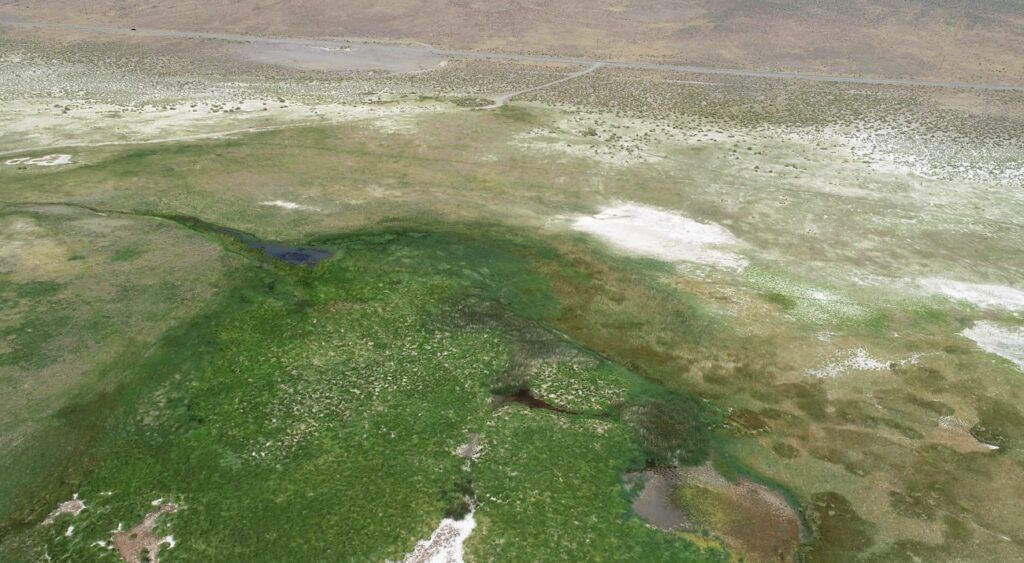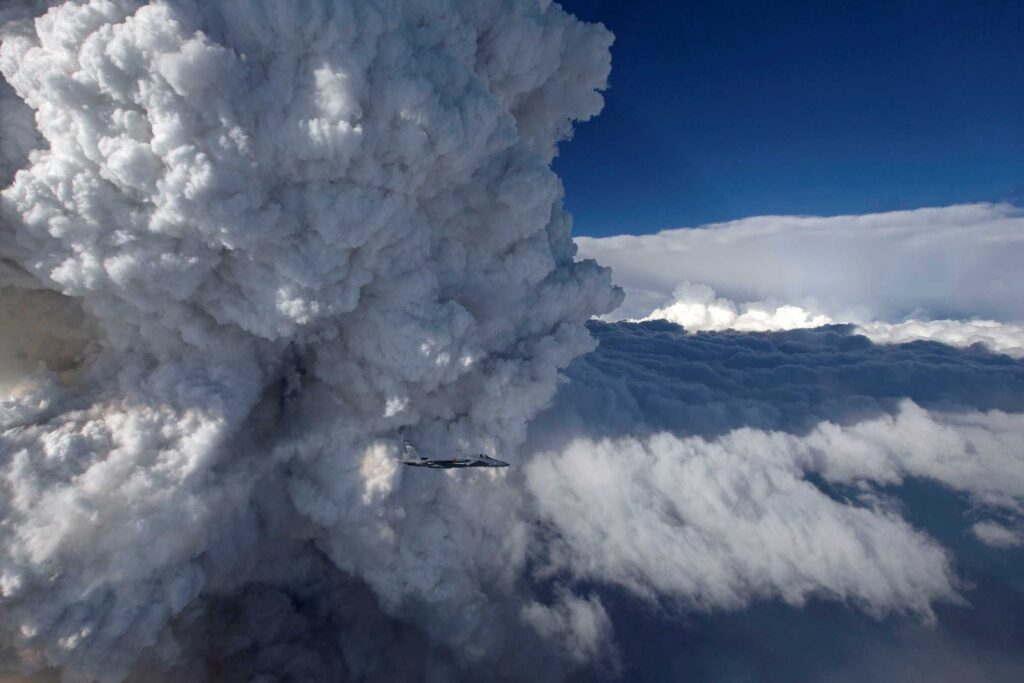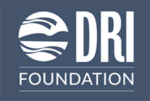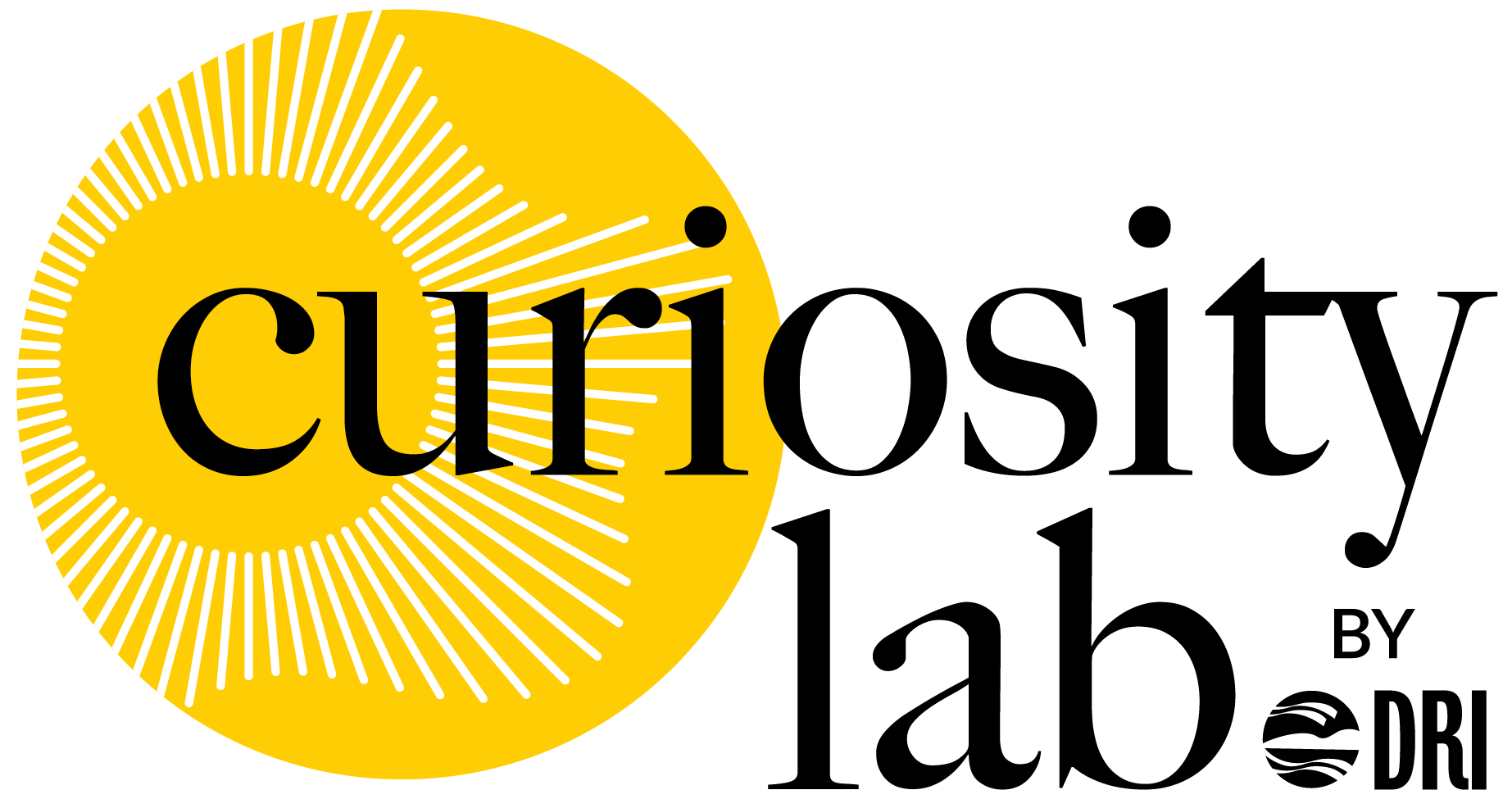We envision a world in which trust between scientists and the public forms the basis for a more sustainable and resilient environment for all people to live, grow, and prosper.
DRI Recognizes Ashley Cornish as the 2025 Peter B. Wagner Memorial Award Winner for Women in Atmospheric Sciences
DRI is pleased to announce that the 27th annual Peter B. Wagner Memorial Award for Women in Atmospheric Sciences has been awarded to Ashley Cornish of the University of Georgia. The Peter B. Wagner Memorial Award for Women in Atmospheric Sciences is an annual competition recognizing the published works of women pursuing a master’s or Ph.D. in the atmospheric sciences or any related program at a university in the United States. The award is presented to women graduate students with outstanding academic publications and includes a $1,500 prize. This award has been presented annually by DRI since 1998 and is the only such honor designated for graduate women in the atmospheric sciences in the United States.
New Study Reveals Alarming Groundwater Declines Threatening Nevada’s Ecosystems
DRI’s Dan McEvoy is a researcher with the Western Regional Climate Center, and he recently co-authored a new study showing the declining groundwater levels in Nevada. He worked with scientist Laurel Saito with The Nature Conservancy to address risks and solutions to this groundwater problem.
The aim for the study, published in Hydrological Processes, was to determine risk factors leading to the declining groundwater levels, and propose science-based solutions for groundwater dependent ecosystems (GDEs).
Scientists Successfully Recreate Wildfire-Induced Thunderstorms in Earth System Models for the First Time
The breakthrough enhances scientific understanding of the dangerous storms and their long-term impacts on the climate. The research, published September 25th in Geophysical Research Letters, represents the first successful simulation of these wildfire-induced storms, known as pyrocumulonimbus clouds, within an Earth system model. Led by DRI scientist Ziming Ke, the study successfully reproduced the observed timing, height, and strength of the Creek Fire’s thunderhead – one of the largest known pyrocumulonimbus clouds seen in the U.S., according to NASA.
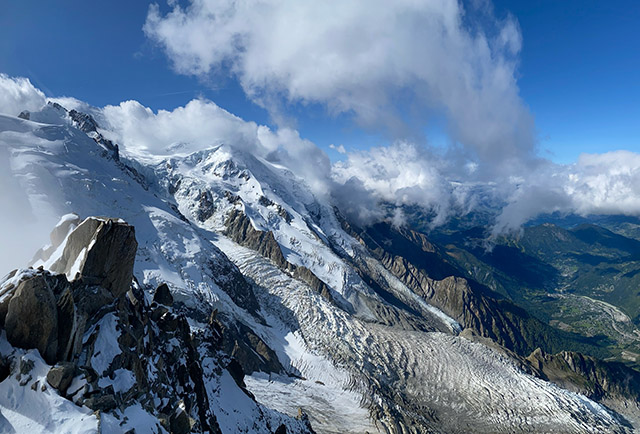
Research Highlights
Check out our latest Research Highlights 2026 Volume 1 Storymap to see a selection of DRI's science that matters now.
DRI presents a series of community-based events across Nevada that celebrate how science shapes our lives, fuels creativity, and deepens our understanding of the world by underscoring the transformative power of curiosity and knowledge.
Learn more and purchase tickets!
All Upcoming Events
More than 60 years of scientific discovery and innovation, in Nevada and around the world
Since 1959, the faculty, students, and staff at DRI have advanced scientific knowledge to help solve pressing environmental challenges and improve human health. With more than 600 employees, over 300 projects on all seven continents, and two world-class research campuses in Reno and Las Vegas, DRI serves as one of the eight institutions in the Nevada System of Higher Education.
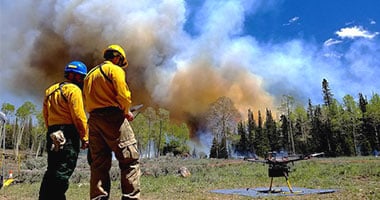
Atmospheric Sciences
Research and services related to air quality and associated health risks, climate, cloud and aerosol physics, renewable energy, fire science, and atmospheric dynamics.

Hydrologic Sciences
Research, development, and education services contributing to society’s fundamental understanding of hydrologic systems and advancing the sustainability of water resources.
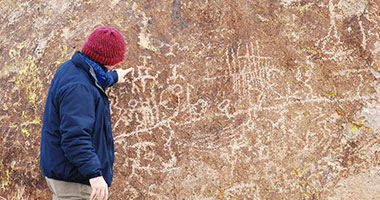
Earth & Ecosystem Sciences
Research in the life & earth sciences, particularly those dealing with the complex interactions of geological processes, organisms, biological communities, and human societies.
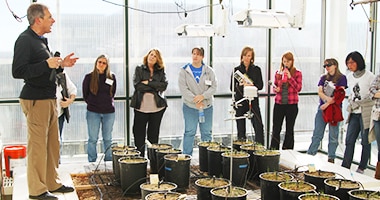
Education & Workforce Development
Training Nevada's K-12 teachers and providing professional development opportunities and training for education-based activities.
Environmental Research Areas
DRI faculty and staff work in over 40 scientific fields on all seven continents.
40 Laboratories and Facilities
DRI has more than 40 specialized labs and facilities on research campuses in Reno and Las Vegas.
60 Years of Scientific Excellence
Since 1959, DRI has contributed to solving our toughest environmental challenges.
As a non-profit, we rely on your support.
By making a gift to DRI, you’re providing the resources our scientists need to better understand and address the challenges posed by our changing planet.

